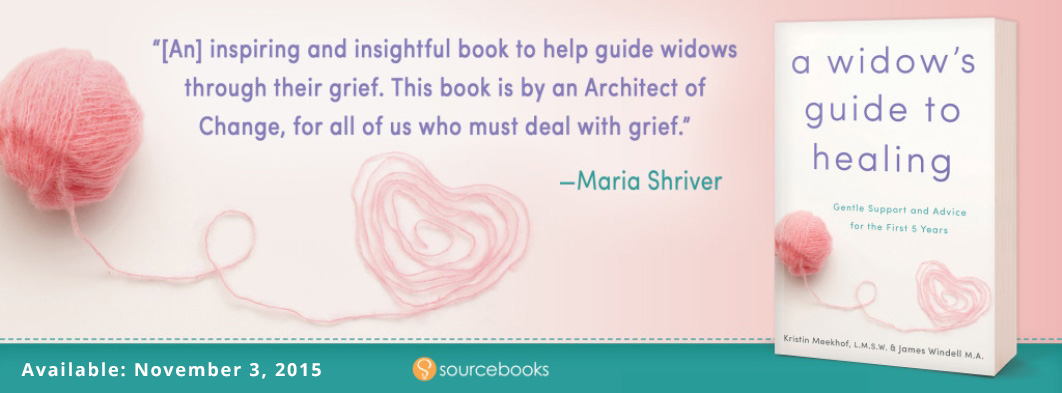Single Parenting #7: by James Windell
Talking about the Death of a Father
There is no easy or painless way to tell a child that their father has died.
The best way is to be direct, honest, and straightforward.
For example, you could say: “The hospital just called to say that Daddy died today.”
Or, “I have some sad news. Your Daddy was in an accident coming home from his trip and he is dead.”
Once having said this, then you should be prepared for their emotional reactions and their questions. If there are questions, answer them honestly and with just enough information for them to understand what happened. And, of course, you need to be sensitive to their feelings, but – as always – honesty is the best policy. For instance, there may be questions about how he died and if he is coming home later.
If a child asks, “What happened to Daddy? How did he die?” you can respond with what you know: “Daddy was driving home from the office when he was in an accident with another car and he died on the way to the hospital.”
A younger child may ask this: “Will Daddy be home before I go to bed tonight?” To this kind of question, you can say, “No, Honey, Daddy is dead, and that means he won’t be coming home anymore.”
Often, beyond these direct and relatively simple questions will be more complicated questions. Children may pose the following kinds of questions:
● “Why did God let him die?”
● “Are you going to die, too?”
● “Why do people have to die?”
● “What are we going to do without Daddy?”
Because children will typically worry about the safety of their mother after the death of their father, they will need reassurance. You can respond to questions about the possibility of your death with an honest, but reassuring answer: “Everybody will die some day. But most people live to be very old. And I think I will live to be very old, too. You will probably grow up and have children of your own before I die.”
If their father died in an accident, then they may be less easily reassured. They could say, “You could be in an accident, too, and then you’d die.”
An appropriate response to this is to say, “Yes, that could happen, but I try to drive very carefully and I always wear my seatbelt. I know it is scary to think of me dying, but you and your sister are very precious to me and I will make sure I take good care of myself, particularly when I’m driving so that I don’t get into an accident. I’m sure I will be here to look after you for a very long time.”
Children need to know they will be safe and secure after the loss of one parent. When their world has been jolted, they need sensitive answers to what they are really asking to help them regain a sense of stability. Think about the emotional need underlying their question, and make sure you answer that question. By being sensitive to what they are really asking and by responding to their emotional needs – as much as to the actual question they are asking – you can let them know that you will make sure they are safe and that you will be there to take care of them.







